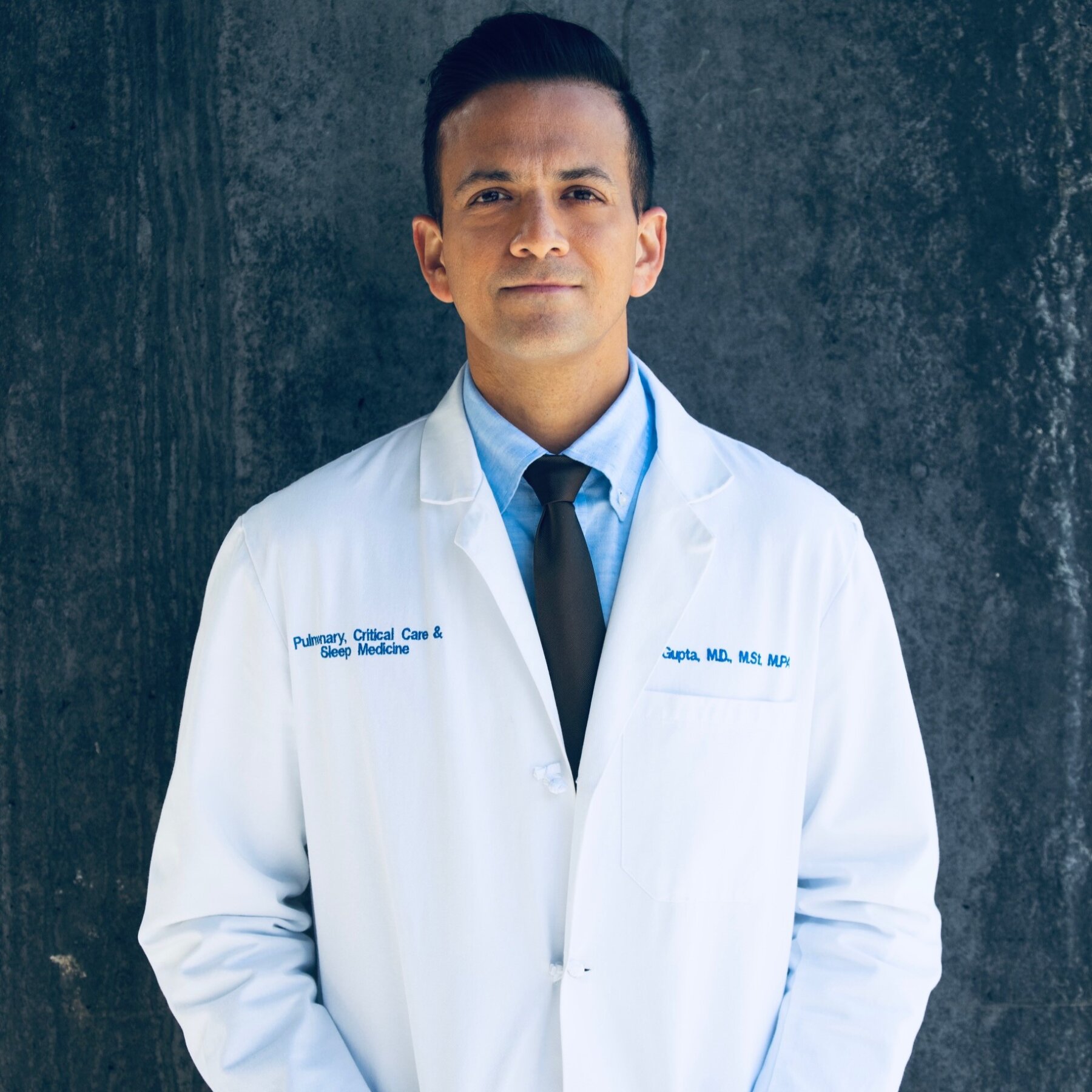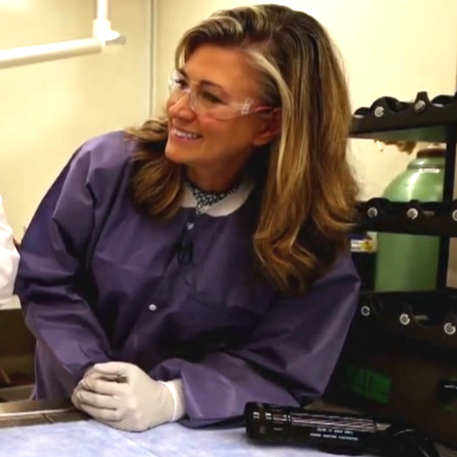As life expectancy in the United States struggles to recover to pre-pandemic levels, NBC News medical journalists are on the front lines to help the public better understand the latest developments in treatment and preventive care.
“Medical misinformation is arguably the greatest single risk factor for ill health and disability,” said Dr. Vin Gupta, a pulmonologist and NBC News medical analyst.
Health reporters are an important go-between, making sure everyday people understand the most important takeaways from medical research intended for highly trained specialists.
“Don’t be afraid to ask a lot of questions,” said Erika Edwards, an NBC News medical reporter. “Effective medical news communication is vital to our national health.”
How can you be an impactful health reporter? Watch the video above with Gupta and Edwards, and read their advice below.


Focus on what matters to audiences
Gupta and Edwards say a health reporter should prioritize news that directly affects as many people as possible.
“Focus on stories for which there’s an actionable insight,” Gupta said.
Edwards says press releases sometimes promote technology “light-years away” from Food and Drug Administration approval, and she prefers reporting on accessible medical treatments.
“Ask the question: ‘When am I going to see this in my clinic?’ Is it next year, 20 years from now?” she said. “Might it never happen?”
She also says aspiring medical journalists need a good understanding of percentages and other math to provide key context to stories.
“Medical journalists have to ask and re-ask questions and go back and double-check to make sure they are interpreting numbers correctly,” Edwards said. “I’ve had to go back three and four times to researchers or doctors. I make sure that I’m not only understanding what they found, but then translating it effectively to the lay public.”
Consult the right sources
Edwards and Gupta encourage journalists to go beyond press releases to find news in peer-reviewed journals.
Their favorite journals include:
- The New England Journal of Medicine
- JAMA (Journal of the American Medical Association)
- The Lancet
- Pediatrics (official journal of the American Academy of Pediatrics)
Many medical publications offer journalists complimentary embargoed access to their content.
Find the right interviewee
Just because someone has a medical degree does not mean they are qualified to speak on all health stories. Double-check a practitioner’s specialty and background.
While Edwards regularly contacts major hospital networks and national authorities such as the Centers for Disease Control and Prevention and the FDA, her local sources (regional hospitals, EMTs and even her corner-store pharmacist) have clued her in to great stories, too.
“Diversifying who I talk with is really important,” Edwards said. “Find the right doctors who can answer your questions in a very timely manner and are already up to speed on the subject.”
Gupta agrees that the right expert advice can potentially save lives.
“There’s such a gap in trustworthy medical information. That’s what we’re bridging now,” said Gupta. “It takes practice. You can build trust and understanding, and you might actually impact somebody’s life.”
More tips from our experts
• Career Spotlight: Health & Medical Unit Producer
• How to Responsibly Report on the Health of Public Figures



